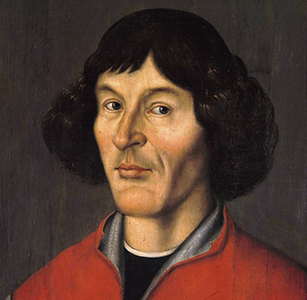
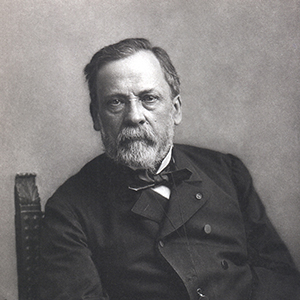
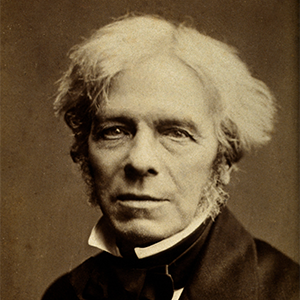
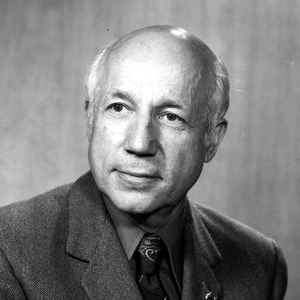
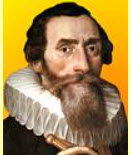
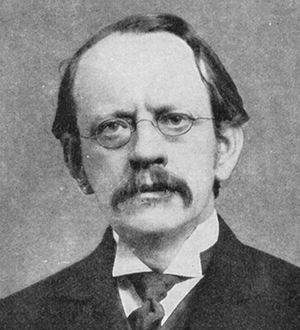
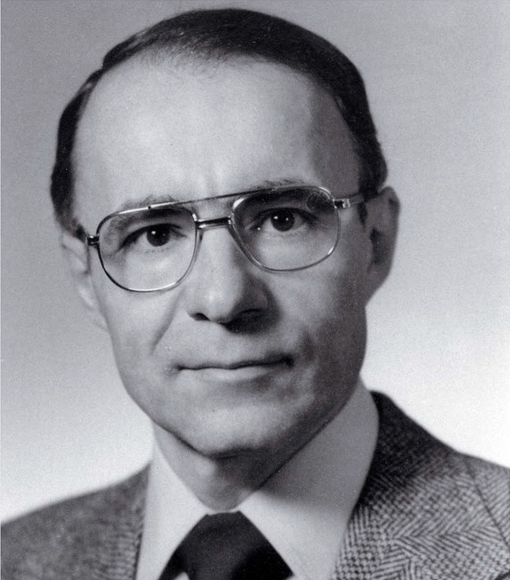
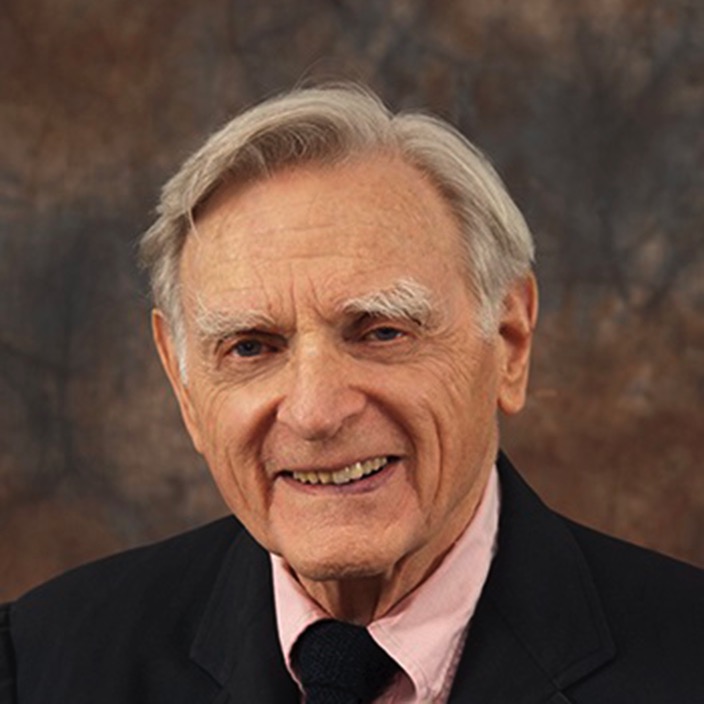
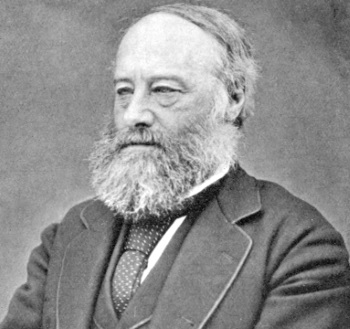
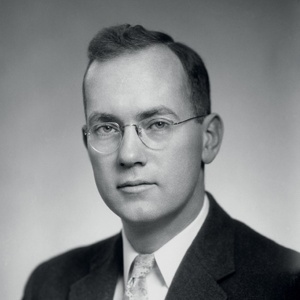
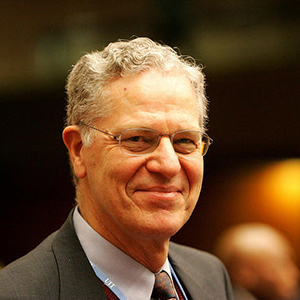
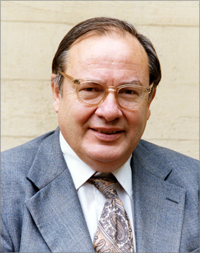
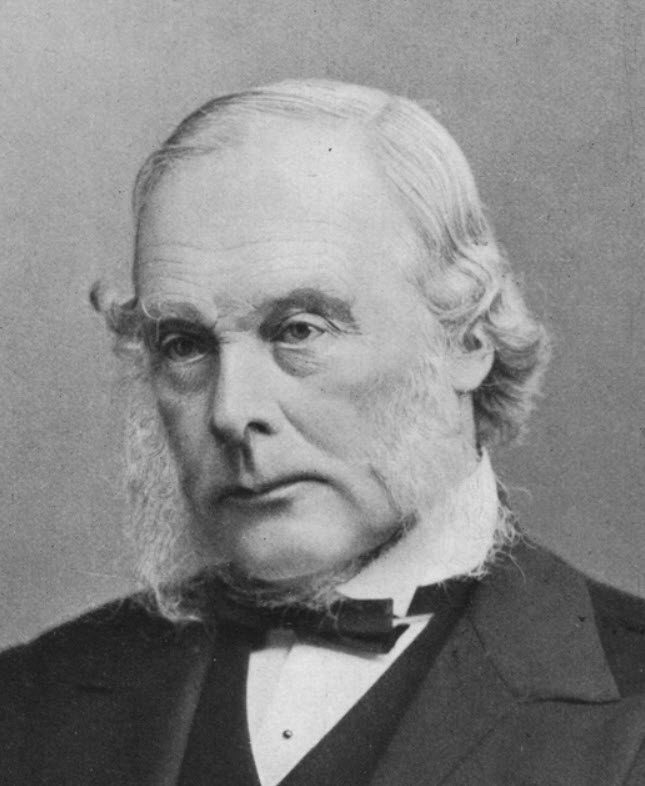
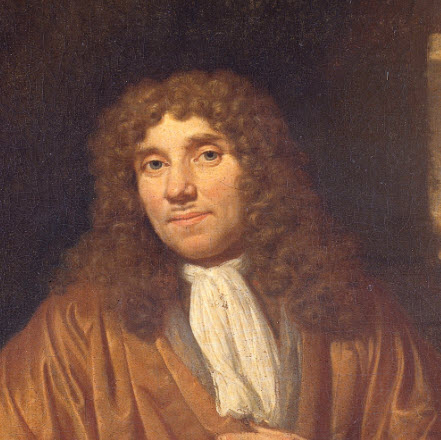
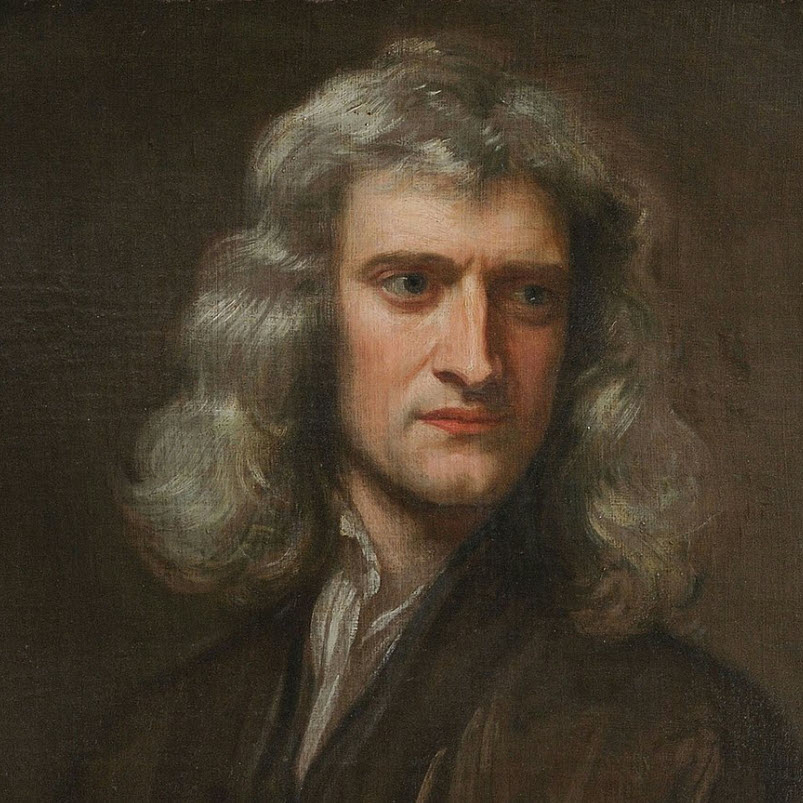
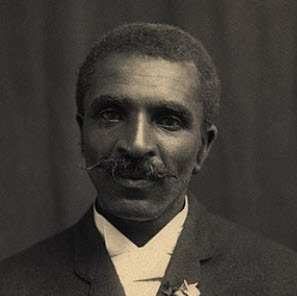
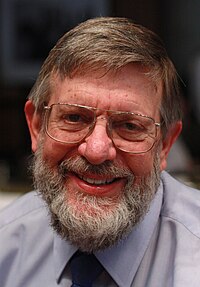
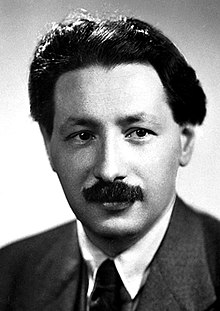
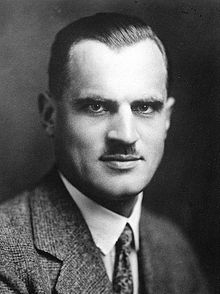
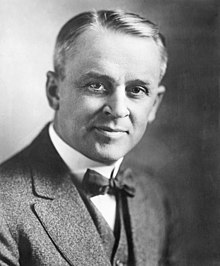
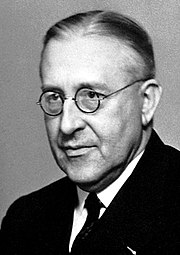
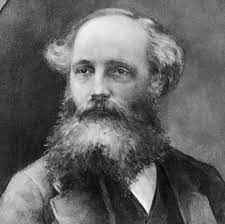
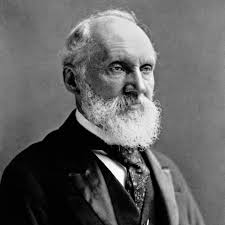

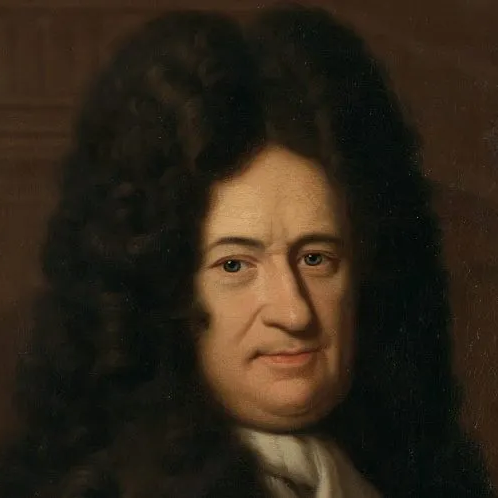
And God said, “Let the waters swarm with swarms of living creatures, and let birds fly above the earth across the expanse of the heavens.” So God created the great sea creatures and every living creature that moves, with which the waters swarm, according to their kinds, and every winged bird according to its kind. And God saw that it was good. And God blessed them, saying, “Be fruitful and multiply and fill the waters in the seas, and let birds multiply on the earth.” And there was evening and there was morning, the fifth day.
Genesis 1:20-23 (ESV)
Then God said, “Let the waters teem with fish and other life, and let the skies be filled with birds of every kind.” So God created great sea animals, and every sort of fish and every kind of bird. And God looked at them with pleasure, and blessed them all. “Multiply and stock the oceans,” he told them, and to the birds he said, “Let your numbers increase. Fill the earth!” That ended the fifth day.
Genesis 1:20-23 (TLB)
This chronicles the rise of “great sea animals” as well as the birds. There is an element of interpretation here as to what the “great sea animals” were. The Cambrian explosion from about 541 to 485 million years ago saw the rapid diversification of multicellular animals. But these animals were rather small, with a maximum of a few meters long. From about 485 to 419 million years ago, some fish appeared up to 5 to 6 meters. Then giant fish appears and exceeded 8 to 10 meters. Then about 359 million years ago large sharks appeared. But the peak of giant marine reptiles with lengths up to 20 or more meters began around 252 million years ago. The “great sea animals” of Genesis 1:21 were probably the large sea mammals of our Cenozoic era since these sea mammals are even larger than the reptile marine life of the Mesozoic era beginning about 252 million years ago. Also, Job mentions great sea creatures using the same Hebrew word as in Genesis 1. This would imply that the great sea creature is a mammalian sea creature.
For the birds, we look to the birds that appeared after the great extinction event at 66 Ma.
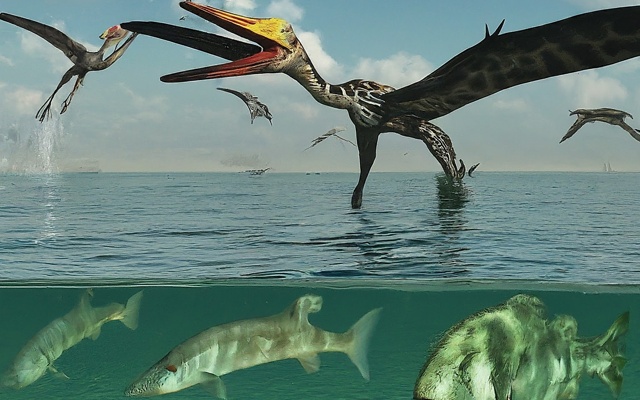
Probable Time Frame ~66 to 45 million years ago
- Cambrian Explosion (~ 540 mya)
- Anthropods, Molluscs (~ 520 mya)
- Tetrapoda (~ 300 mya)
- Dinosaurs (~ 250 mya)
- Mammals (~ 200 mya)
- Flowers (~ 150 mya)
Videos about Day 5 of Creation
Playlist

11:58

1:26:28

13:21

26:49

2:54

37:21
| YouTube Title | Description |
|---|---|
| From Cambrian Explosion to the Great Dying | Covers the period from the Cambrian Explosion to late Devonian extinctions of around 370 mya. |
| The Cambrian Explosion | Cambrian Explosion and the evolutionary origin of animals - Professor Paul Smith. |
| What Did Pangaea Look Like? | The landmass of Pangaea is thought to have developed during the period of about 335 mya to 175 mya. This video explores what Pangaea might have looked like somewhere about 230 mya to 190 mya. |
| How Bad Was the Great Oxidation Event? | Description of many of the catastrophic events in earth's history that led to loss of life. |
| Are Birds Modern-Day Dinosaurs? | How the birds that we now see are direct descendants of the dinosaurs of millions of years ago. |
| From Dinosaurs to Birds: The Remarkable Evolutionary Journey Unveiled | Traces how birds are direct descendants from dinosaurs. This may be why our Creator chose to include the description of bird creation on day 5 of Genesis. |

